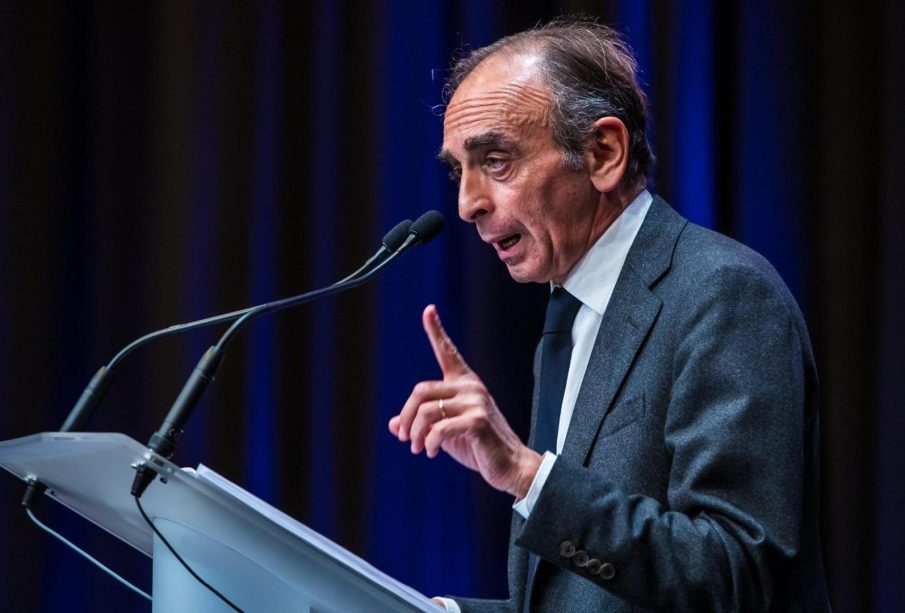The Rise and Controversy of Eric Zemmour in French Politics

Introduction
Eric Zemmour has emerged as one of France’s most polarising political figures, reflecting the deep political divides in contemporary society. Known for his far-right views and controversial statements, Zemmour’s influence in the political landscape continues to grow, especially in the lead-up to the upcoming presidential election in 2027. His positions on immigration, national identity, and social issues have resonated with a significant portion of the electorate, highlighting the ongoing tensions surrounding these topics in French politics.
Zemmour’s Political Background
Born in 1958, Eric Zemmour is a journalist, author, and politician. He gained prominence through his writing and commentary on issues related to immigration and Islam in France. In 2021, he announced his candidacy for the presidential elections, running on a platform that advocates strong nationalist and anti-immigration policies. His rhetoric often challenges established political norms, leading to intense debate and criticism from opponents who label him as extremist.
Recent Developments
As of late 2023, Zemmour continues to impact the French political scene significantly. Following a disappointing performance in the 2022 presidential elections, where he garnered around 7% of the vote in the first round, Zemmour has focused on building a more robust political coalition. His party, Reconquête, aims to mobilise support from disenchanted voters who feel ignored by traditional parties. Recent polls indicate that Zemmour’s support is slowly rising, drawing attention from both political allies and adversaries alike.
His controversial comments about immigration and France’s cultural identity have stoked national and international debates. For instance, his assertion that France is losing its identity due to increasing immigration has been met with backlash from various civic groups, who argue that such rhetoric fuels division and intolerance.
Conclusion
The future trajectory of Eric Zemmour in French politics remains uncertain, especially considering the dynamic nature of public opinion and the potential impact of upcoming elections. His rise underscores not just a shift in the political landscape of France but also highlights broader trends of right-wing populism seen across Europe. As the nation grapples with issues surrounding immigration and identity, Zemmour’s voice will likely continue to resonate with a segment of the population, influencing the discourse in the months and years to come. Readers should stay informed on Zemmour’s activities and positions as they will undoubtedly play a critical role in shaping France’s political future.









